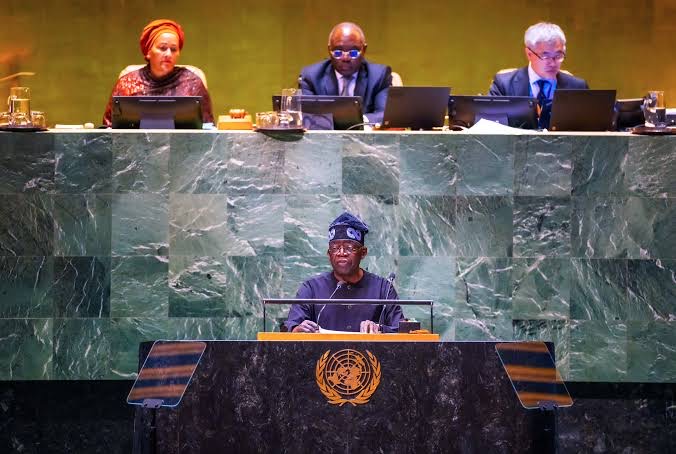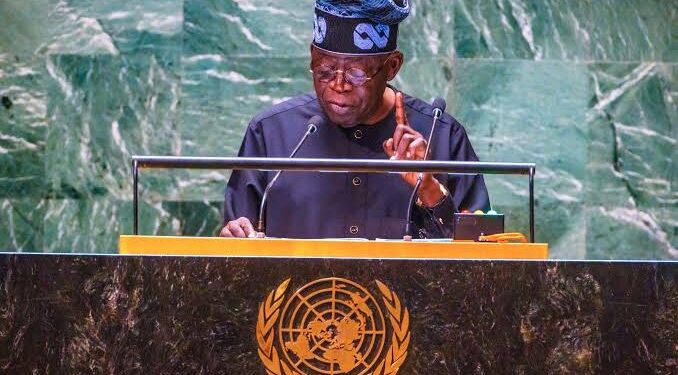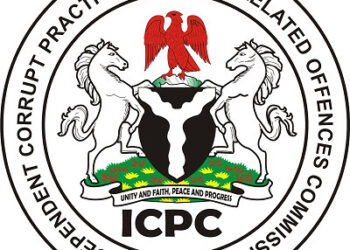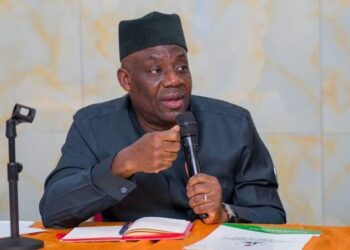President Bola Tinubu called for debt relief for Nigeria and other developing nations during his speech at the 79th United Nations General Assembly in New York. Speaking to world leaders, he emphasized the urgent need for reforms in international financial systems and a fair global trading framework to support economic growth in these countries.
Represented by Vice-President Kashim Shettima, Tinubu highlighted that many developing nations are struggling under the weight of debt, which hampers their ability to provide essential services and improve the living conditions of their citizens.

He expressed hope that initiatives like the “Pact for the Future” could lead to significant improvements in economic stability and address the multifaceted challenges faced by both developed and developing countries.
In his address, Tinubu underscored the critical importance of reforming the international financial architecture to include comprehensive debt relief measures. He stated, “Countries in the global South cannot make meaningful economic progress without special concessions and a review of their current debt burden.” This perspective reflects the broader concerns shared by many nations facing similar economic challenges.
The president also raised alarms about the dangers of straying from multilateralism, noting that rising debt levels, trade barriers, and protectionist policies are undermining nations’ hopes for economic recovery. He argued that such policies not only stifle global investments but also limit opportunities for growth in developing nations.

“We must ensure that any reform of the international financial system includes comprehensive debt relief measures,” he stressed, highlighting the need for a sustainable financing framework for development.
Tinubu further called for the recovery of funds lost to corruption, advocating for international cooperation to return stolen assets to their countries of origin. He emphasized that this is a fundamental principle of the United Nations Convention against Corruption, which seeks to address the illicit flow of money from developing nations to wealthier economies. “The international community must promote practical measures to strengthen cooperation in recovering stolen assets and eradicating safe-havens,” he stated.
In light of the numerous global challenges, including terrorism, climate change, and poverty, Tinubu urged world leaders to recommit to multilateralism. He asserted that fostering relations among UN member states based on inclusivity, equality, and cooperation is vital for addressing existential threats faced by the international community.
He warned against the rising trend of nationalism, which he believes undermines collective efforts to resolve global challenges. “The pillars of our organization—peace, sustainable development, and human rights—are threatened,” he said, noting that a focus on individual national priorities often detracts from addressing shared needs.
Tinubu reaffirmed Nigeria’s commitment to multilateralism, recalling the nation’s long-standing involvement in the UN since becoming its 99th member 65 years ago. He called on all nations to collaborate more closely to tackle pressing global issues, ensuring a brighter future for all.




































